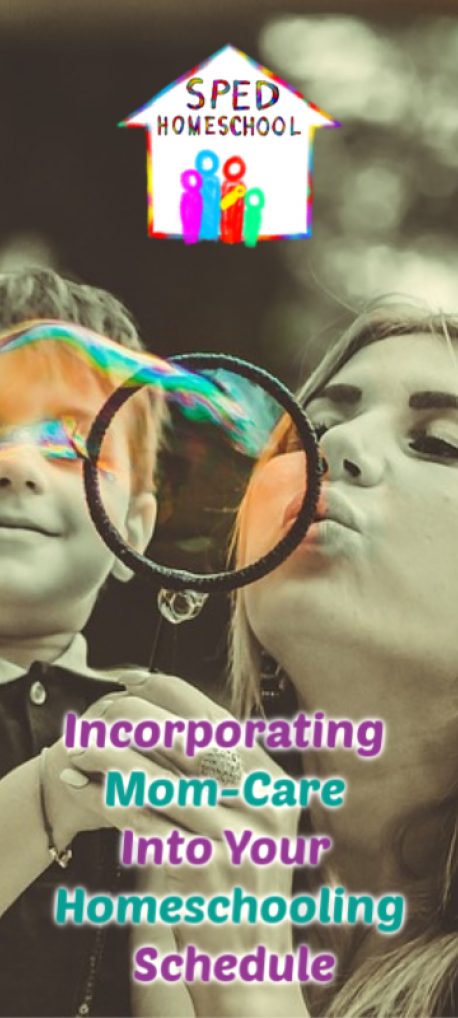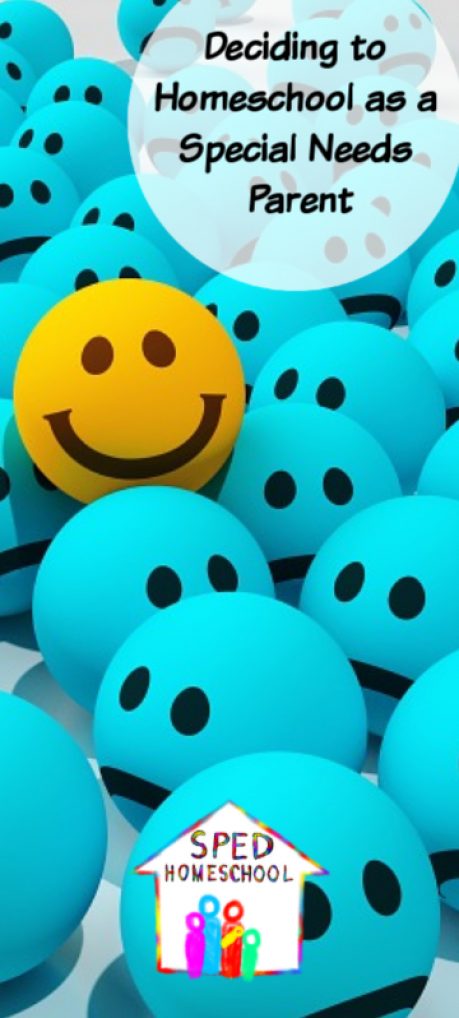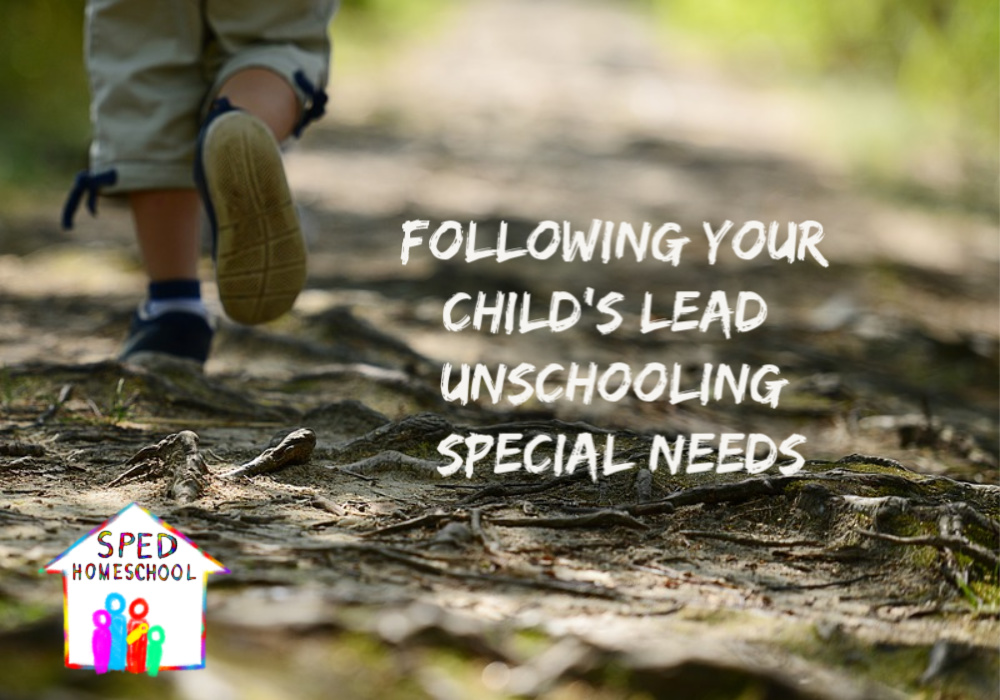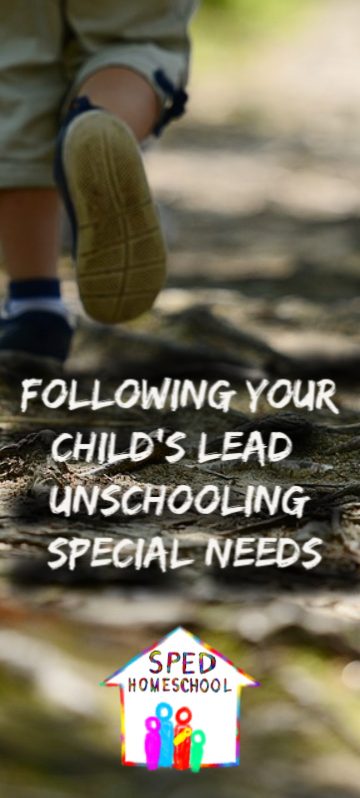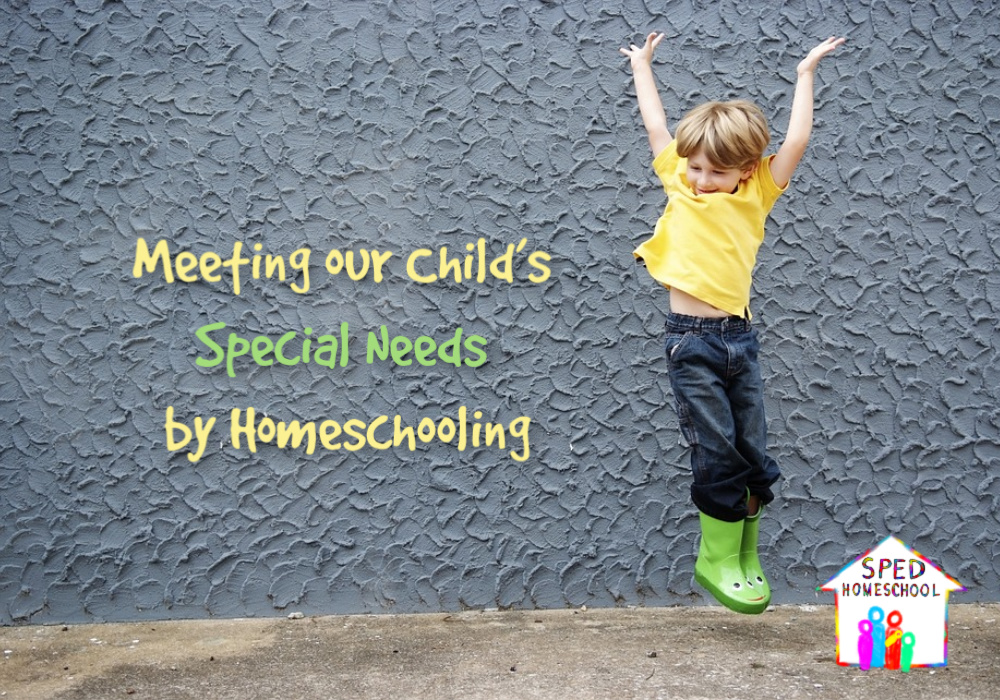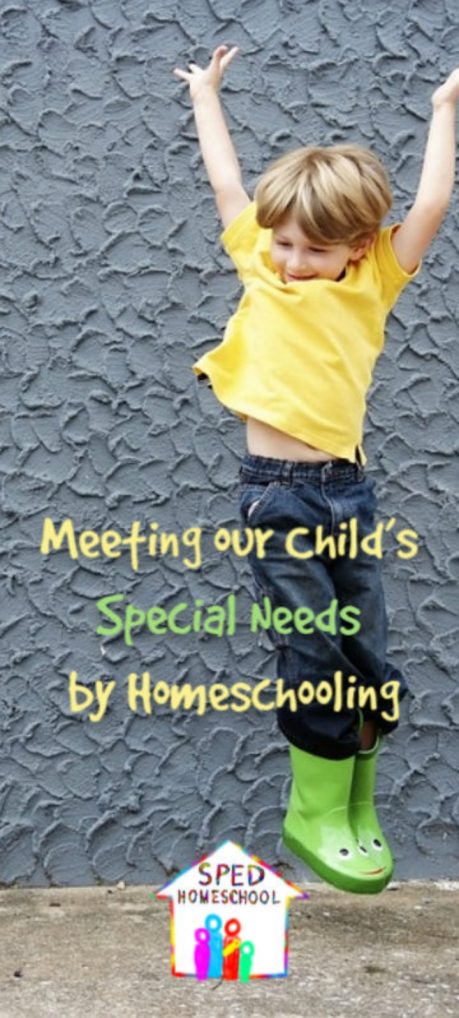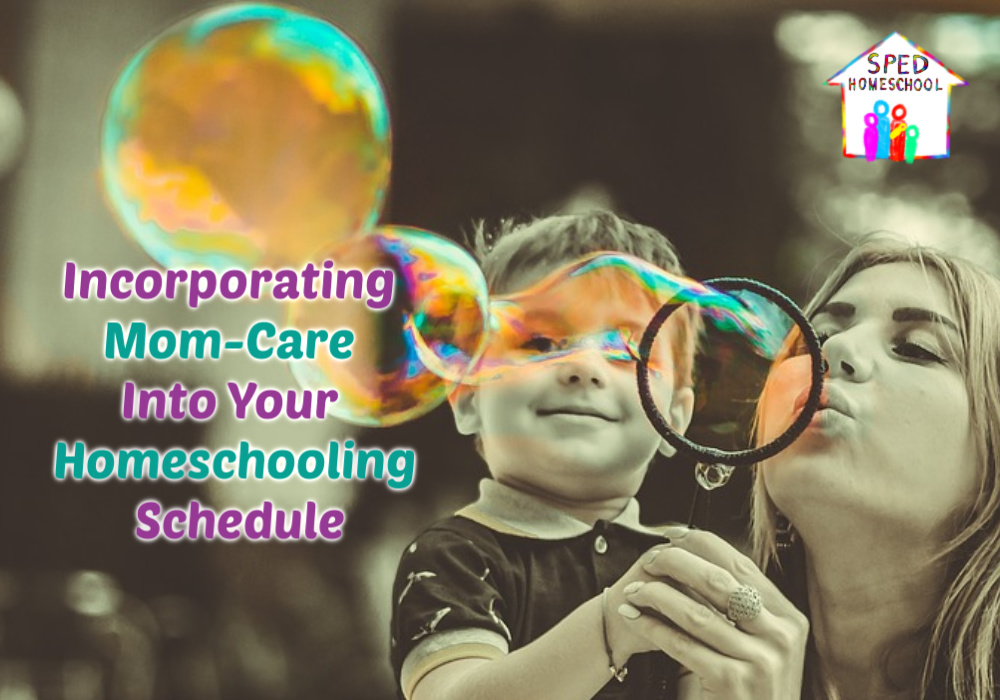
Peggy Ployhar
I would love to say that the majority of my homeschooling years I followed the recommendation we moms get all the time, to put on our own oxygen mask before helping others with theirs, but I have not. In fact, at one point in my homeschooling career, I was trying so hard to do it all without taking care of my own needs that I had to stop life altogether to restore the damage I had done to my body from only sleeping 2 hours a night.
In hindsight, years after my adrenal failure and a near mental breakdown that forced me to let go of many hopes and dreams, I’ve gained a renewed perspective. I now see better ways I could have managed my life and schedule to juggle the complexity of homeschooling, running a small hobby farm, caring for my own family as well as the three preschoolers who had come into our family through an emergency foster care placement.
Start With These Two Things
I will start with the simplest advice first, cut back. Yes, there were things I was adding to my plate that I didn’t need to be doing at all, or they could have waited until I had more time to fit them in. That advice is easier to administer when you see these things as “extras” and not “necessities,” which I had a hard time discerning in the chaos. Over the years, I have learned that unless I step back from my life and do a thorough evaluation regularly, these “extras” easily creep back into my schedule. Therefore, periodically I set aside time to pull out a calendar and purge out these “extras.” I also have combatted this issue from the other side by developing strong prayerfully developed requirements for what I will say “yes” to.
The second piece of advice we often hear is, ask for help. I agree it would have helped me to have asked for more help and to have been clearer in sharing the struggles I was experiencing with getting proper services and reaching my children’s learning goals. But resources were slim in our small town, the Internet was nowhere close to being as helpful as it is today, and school services were limited in their ability to help with the behavioral and trauma issues that needed to be tended to above academics.
Good help in general, in the special needs community, is hard to come by because usually we can’t just enlist a neighborhood teen to pop in for an hour or two like parents with typical children can. Instead, we need individuals who are trained and prepared for all our children’s needs. Some families search decades for a single person who can take over care for their child in their absence, and so asking for help is not a perfect answer either.
Then, Transform What is Left
It is no wonder that special education homeschooling moms throw their arms up when we start talking about self-care. There is certainly no room for that even when we have cut back and asked for the help we need. At least, that’s what we tell ourselves, but is that the truth?
In trying to manage our schedules linearly, there often is no more room. But if we look at our schedules from a multi-dimensional perspective, we may find that time is found when we learn to be more effective in overlapping our activities. Approaching our homeschooling and self-care schedules multi-dimensionally is what I mean when I say we have to incorporate mom-care into our homeschooling.
Going multi-dimensional takes a bit of creative thinking, so I am going to get you started with a few ideas of my own. But I would encourage you to personalize your own care needs into your family’s homeschooling schedule just like you incorporate your child’s unique goals and needs into your daily lesson plans.
This is How
Exercise:
Many moms I know have taken up martial arts along with their sons and daughters. Instead of sitting on the sidelines waiting for the class, join a family class and get onto the mat. Maybe there is another sport you have an interest in that your child also enjoys. For me and my daughter, we took up aerial silks together last year. I am in better shape now than I have been in years, AND I am closer to my daughter because of this shared activity.
Books:
I always encourage read-alouds and audiobooks for homeschooling families, not only because it helps children who struggle to read better engage with literature but also because the time spent immersed in a story with your family is a special bonding time. At times through your homeschooling year, purposefully pick a book YOU want to read or listen. Why not? Your children are still engaging with good literature (as long as you are discerning about the book you choose), but experience the added bonus of feeding your imagination a bit too.
Hobbies:
Who says you can’t bring your hobby into your school? Whatever subject you are passionate about is usually filled with great lessons your children can glean from. When we lived on our hobby farm, we sold produce at our local farmers market. I thought it would be fun to also make soap to sell, so I shared that activity with my children. My middle son fell in love with the craft! After helping me for a while, he started researching essential oils, soap bases, and eventually created a side business to sell his soaps at the market.
Diet:
I love to eat healthy food, as long as it tastes good. Thankfully our family has had years of practice not only preparing our own food, but also growing and raising it. Maybe you don’t have the opportunity to raise sheep, milk your own cow, or own laying hens, but what about starting a container garden? Even if you have a brown thumb you still have to cook and make good food choices. What about using school time to have your kids prep food for dinner or watch a YouTube cooking video to learn a healthier way to prepare a standard dish. Or, if you are a more competitive family, give your children a leftover challenge similar to “Chopped” and see who comes up with the healthiest (and best tasting) option. You can judge and get the night off from cooking. Plus, who knows, your kids may surpass your cooking ability and start helping you eat better to boot.
Pampering:
If you have ever yearned to soak your feet at the end of a hard day or get a back rub to ease your aching shoulders, then how about teaching your children to enjoy these spa treatments as well? The saying, “If you scratch my back, I’ll scratch yours,” has served me well over the years. Exchange a back rub, a foot bath, or even a head scratch (my favorite) with a child. Your kids may not start out with the most expert spa-tech skills, but over time they do improve. Additionally, these shared experiences provide practice on appropriate touch and sensory integration.
Spiritual Development:
Bible study time in our homeschool started out for the sole purpose of meeting the needs of my children. I fell into the same trap as many other moms, thinking that secluded alone time with God is the only way to get spiritually fed. But the reality is that my kids are with me all the time and it is better they SEE me worshipping and interacting with God than trying to escape them so I can have my “quiet time.” I used to even have bible studies meet at my house so my kids could practice their social skills with friends they had grown comfortable interacting with (usually still within earshot of us moms), and I could have fellowship time with other women. It was nothing fancy nor super deep, but it provided the encouragement and godly friendships I needed just as much as my children.
I could go on and on, and I plan to be working on this topic and additional ideas in the coming year as I prepare a new talk I will be making available for homeschool conventions in 2020 called “Incorporating Mom-Care into Your Homeschooling Schedule.” If you come up with an idea spurred on by from this article, I would love to hear it so I can pass it along to encourage other moms.
Mom Care Goal Checks and Balances
Set specific times of the school year to create checks and balances for yourself, or involve another homeschooling mom in your plan so that the two of you can encourage one another in prioritizing your care into your daily schedule. Look for “extras” that need to go and for where you may need to be asking for more help. Then, strive for multi-dimensional planning to include some of these other self-care ideas. These three things combined can buy you more time for the BEST things in life, which include taking care of yourself so you can care for the others God has placed in your home.
Most of all I want you to remember: You are worth it mom! Taking care of yourself is within reach. It just requires you to prioritize yourself along with the other things you are juggling in your life.

